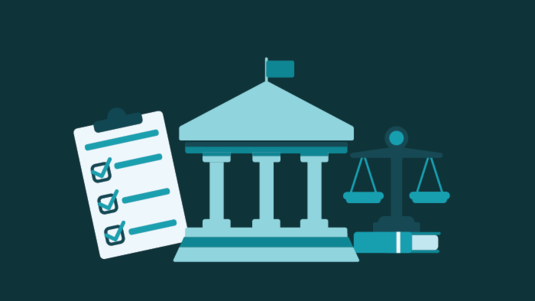TISCreport is a transparency-in-supply-chains platform that also serves as an independent open legal register, based on aggregating publicly available data.
An open legal register refers to a legal register that is publicly accessible and available for anyone to view. It is a transparent and inclusive approach to sharing information about legal requirements and obligations. Open legal registers are often implemented by governments, regulatory bodies, or organisations with a commitment to transparency and public engagement.
The key characteristic of an open legal register is that it allows individuals, businesses, and other stakeholders to easily access and review the legal requirements that apply to a particular jurisdiction, industry, or organisation. By making the legal register openly available, it promotes accountability, understanding, and compliance with the law.
Open legal registers can take various forms, depending on the context. Here are a few examples:
Government Legal Registers: Some governments maintain open legal registers that provide access to legislation, regulations, and legal requirements applicable within their jurisdiction. These registers may be web-based platforms where users can search and access relevant laws and regulations. Regulatory Body Registers: Regulatory bodies in specific sectors or industries may establish open legal registers to provide transparency and guidance to stakeholders. For instance, environmental agencies might maintain registers that detail environmental regulations, permits, and compliance requirements. Industry-Specific Registers: Certain industries or professional organisations may develop open legal registers to share industry-specific legal obligations. These registers can help businesses and individuals within the sector understand and comply with the applicable laws and regulations.
The objective of an open legal register is to promote transparency, accessibility, and understanding of legal requirements. By making such information readily available, it facilitates compliance efforts, reduces ambiguity, and fosters a culture of legal awareness.


